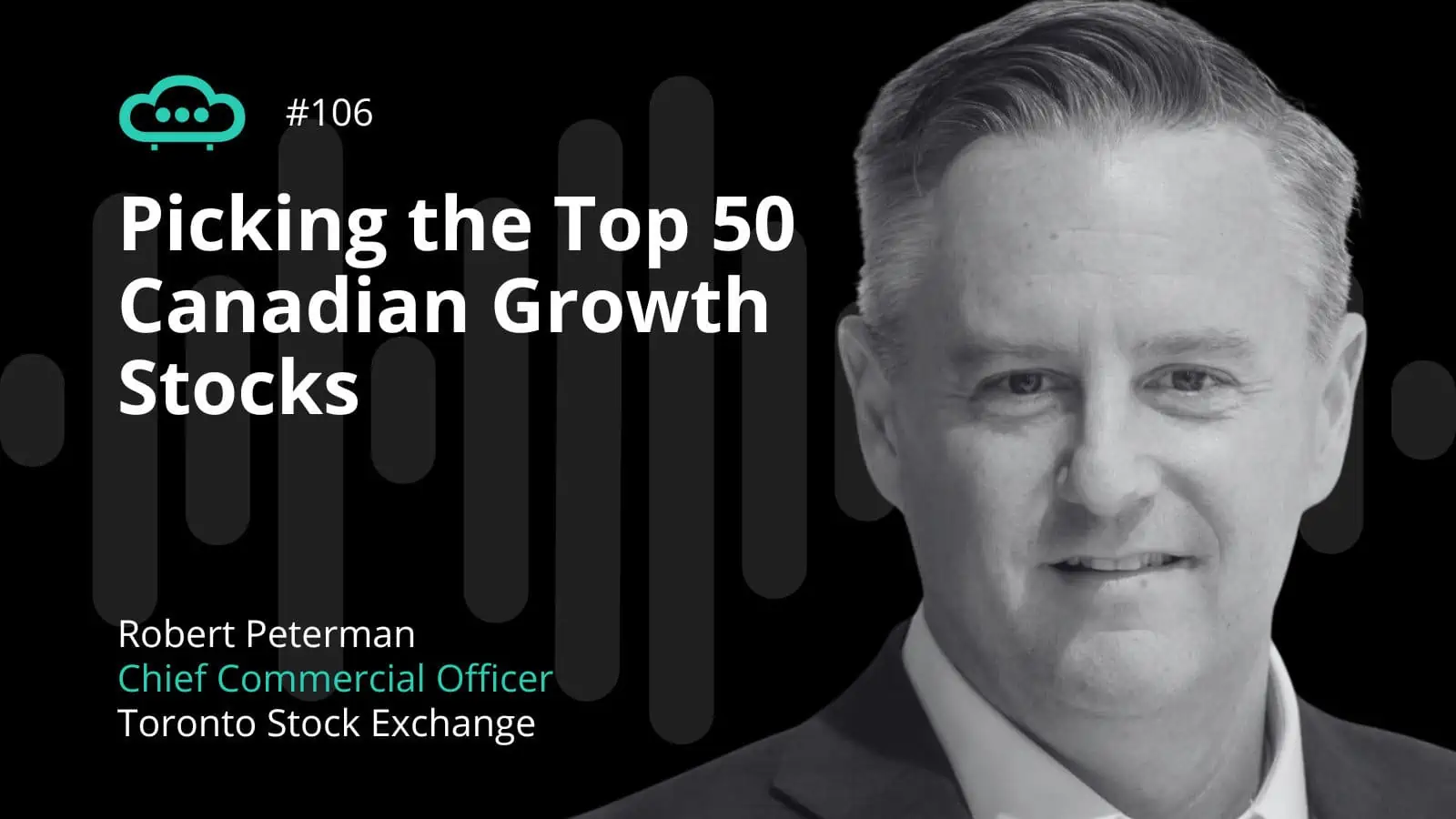It seems as if the regulatory wave which was bound to hit the cryptocurrency market is starting to gather speed. Last month the Financial Action Task Force (FATF) the intergovernmental organisation which is responsible for setting the rules to police money laundering and terrorist financing, said it was re-focusing on the crypto playground.
FATF has updated its 2019 guidance on how regulators and custodians can supervise virtual assets. This extends to a range of new financial markets including stablecoins and P2P finance. While this is just still a consultation, the fact that it is already out in the wild and being looked at by 200 FATF member countries speaks volumes.
“This latest consultation sets out guidance for the industry and regulators that is far-reaching, covering not just spot exchanges and custody but also decentralised finance (DeFi), Stablecoins, and Peer-to-Peer (P2P) transactions, all of which may fall within the regulatory perimeter.,” noted Malcolm Wright, GDF’s Advisory Council Chair and Co-Lead of the AML Working Group who put together GDF’s consultation response. “We have a duty as responsible innovators to help ensure the future is shaped commensurate with the risks that each ecosystem poses.”
The GDF response said that their members are appreciative of the additional clarifications provided by the Guidance, particularly in respect of the travel rule. However, there are concerns with regards to unintended consequences, particularly for centralised VASPs (Virtual Assets Service Providers) who may face increasing regulatory burdens compared to other sectors.
Service providers for virtual assets are a key area of focus
FATF is inviting comments from as wide a range of stakeholders as possible in the virtual assets industry. A key area of focus in the consultation document is the perceived threat posed by peer to peer financing as a weak link in anti-money laundering. FATF is asking VASPs to come back to it with ideas on how this threat can be mitigated.
GDF recommends the level-playing field concept should be based on functional and operational equivalency. The industry body also stated that if the FATF is, for whatever reasons, unable to continue to actively lead such ongoing dialogues, or would like to extend its capacity into the global VASP community, GDF would welcome the opportunity to provide support and as an independent global convener.
Finance industry already struggling under existing regulations
Feedback received informally by The Armchair Trader from the wealth management and banking industries indicates that policing fraud and money laundering within the cryptocurrency market is currently extremely difficult. Regulators are obviously going to concentrate on those areas where mainstream cryptocurrency is starting to interact with mainstream finance. The industry is upgrading its own infrastructure and again, it is here that regulators may make their presence felt most directly.
Currently, when you consider the fragmented and diverse nature of the DeFi market, the task for regulators seems impressive. Levels of transparency are very poor to almost non-existent. The finance industry, which is already immersed under enormous volumes of red tape as it seeks to counter conventional money laundering, is going to find it tough to stay on top of cryptocurrencies.












